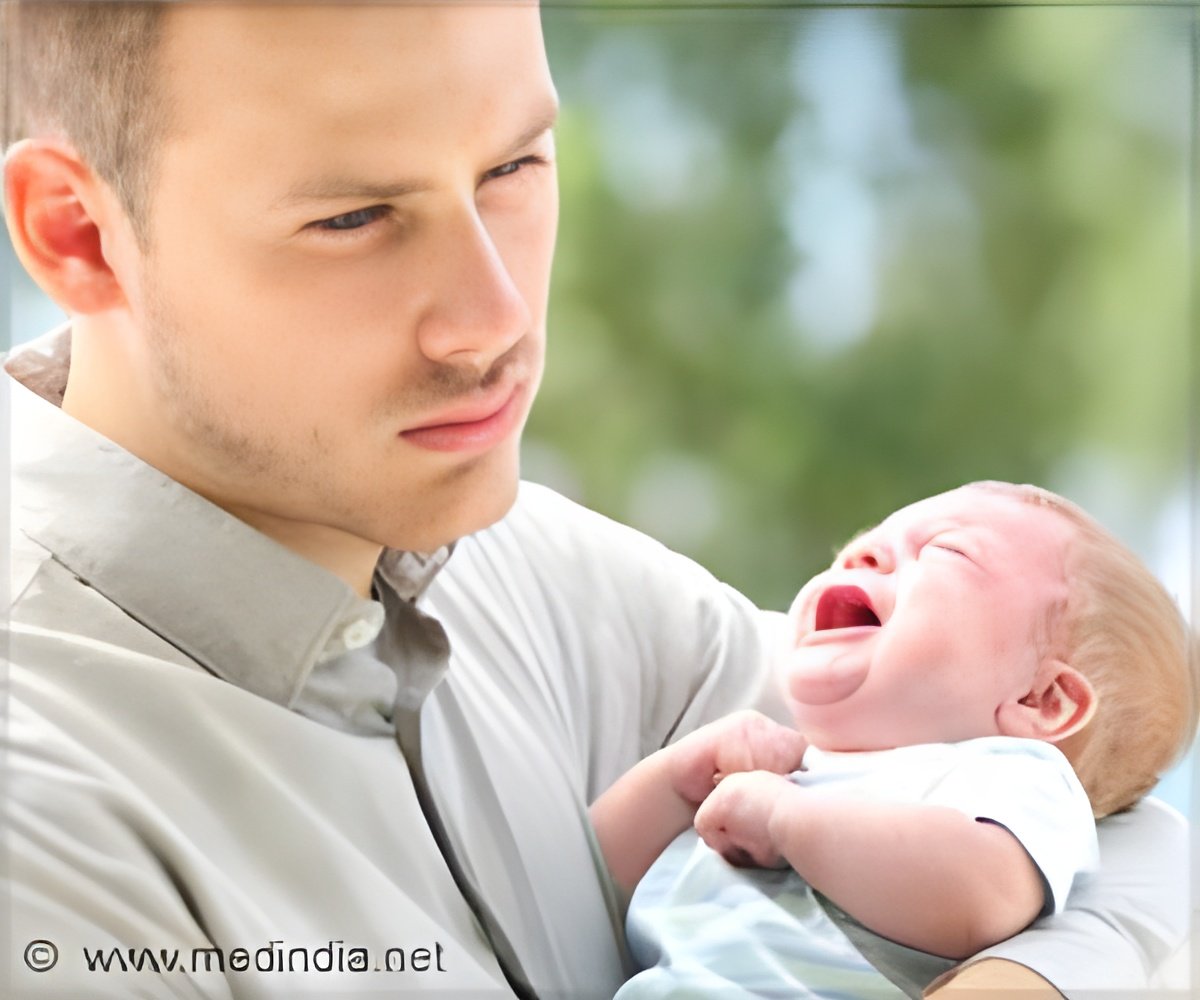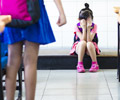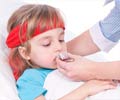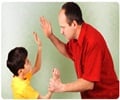Parents and siblings of children and adolescents who suffer from life-threatening conditions, have 50% to 70% more chances to suffer mental, and physical health issues.

‘Parents and siblings of children and adolescents who suffer from life-threatening conditions have 50% to 70% more chances to suffer mental and physical health issues.’





This includes lower resilience, greater post-traumatic distress, higher emotional distress, and diminished overall quality of life, with damaging effects on family life, marriages, social life, finances, education, and various other aspects. However, previous studies have been limited by small sample sizes, self-reported outcomes, and are limited to one condition, usually cancer.
The present retrospective study thereby used commercial health insurance data from a single carrier to overcome these existing hurdles to better validate their results. The study analyzed 6,909 case and 18,619 control children and their families between August 2020 and March 2021.
It was found that mothers of a child with an LTC were, on average, 61% more likely to have a healthcare encounter, diagnosis, and/or prescription. For fathers, the rate was about 51%. Sisters and brothers had similar rates at 68% and 70%, respectively.
“As clinicians caring for children with a variety of life-threatening conditions, members of our research group have long known, by bearing witness, that many of the parents and siblings of our patients are adversely affected by the stress imposed due to presence of a life-threatening condition in the family. We hope that this study brings enhanced awareness of this largely unaddressed problem and starts moving us towards effective responses,” says senior study author Chris Feudtner, MD, PhD, MPH, Director of Research for the Justin Michael Ingerman Center for Palliative Care and a core faculty member at the Center of Pediatric Clinical Effectiveness (CPCE) at CHOP.
Advertisement









